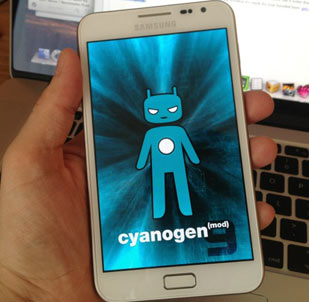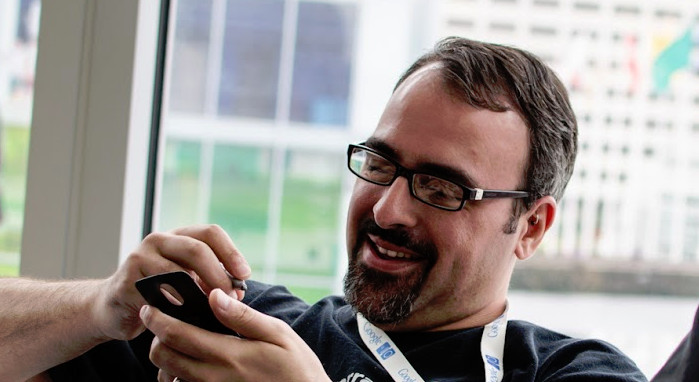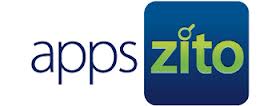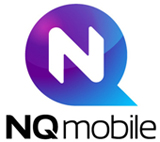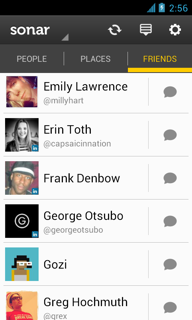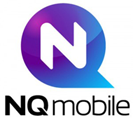Back in May we ran a story on Steve “Cyanogen” Kondik, the Android developer behind the Cyanogen Mod operating system that runs, and improves, the Android operating system. The popular “rom” has millions of users who root their Android device to run the open sourced software.
After creating the initial Cyanogenmod, the project became a community effort with several developers working on future releases of the firmware that when installed, allows users to take advantage of many of the benefits Google has in the Android Operating system.
Android’s biggest manufacturer, Samsung, took notice of Kondik and his work with Cyanogenmod. Kondik moved from his Pittsburgh roots to Seattle to work on Samsung’s Android team.
Kondik posted a note on his Facebook page looking for developers in the Seattle area. We reached out to Kondik at the time, and told us he was working on a startup but couldn’t tell us what it was. Knowing that Cyanogen is the most popular “Rom” for Android, we were quite curious as to what could be so interesting that Kondik would quit that job at Samsung and get his feet wet in the startup world.
It was revealed last week that Kondik had teamed up with Kirt McMaster,a cofounder of Boost Mobile, to turn Cyanogenmod from a community based effort, happening in garages and basements across the globe, to an actual company where they could push out the latest features faster.
Kondik wrote on the company blog that McMaster had contacted him by email last year and they were able to secure venture capital meetings in December. Those meetings led to a $7 million dollar series A round led by Benchmark with RedPoint ventures also participating. A confidential source told us by phone that CyanogenMod had turned down other investors including Google Ventures.
Kondik is adamant that the community know that Cyanogenmod won’t fundamentally change, but rather get better. Now they won’t have to worry about raising money from the community for new servers or having to use day jobs to support their development.
With the $7 million dollars, CyanogenMod became CyanogenMod Inc. They also opened up offices in Seattle and Palo Alto. Kondik was also able to bring three long time members of the Cyanogen team to work for the company full time. Kondik first recruited Koushik “Koush” Dutta. They also brought Chris Soyars Head of Infrastructure and designer Dobie Wollert from Google.
Monetization
We were tremendously excited to hear that a project that started out community based, and built up a huge following, was getting funded. But we were curious about how Cyanogenmod was going to make money. After all they just raised $7 million dollars from some of the biggest VC’s around; surely thode investors would want their money back. Also, Cyanogenmod itself is free and Kondik has already indicated it would stay that way.
We spoke with industry analyst Russell Holly over the weekend who assured us that the “ROM” or “OS” would remain free. Cyanogenmod is looking at hardware partnerships that they couldn’t get before because they weren’t a “real company,” and there should be news on their first hardware partnership in the coming week.
They will also work on other features outside the realm of their operating system that could become premium features. For the immediate future we can expect quicker, more thorough releases.
“Our mass market plan is for the second half of 2014, which will include services and third-party integration,” McMaster explained to Fortune.com. “We’ll begin to make money on services we can build and integrate in ways that Google or Apple (AAPL) don’t necessarily do for their own business reasons. We’re not beholden to any OEM or mobile operator.”
When we originally read that statement, we were curious as to the implications stemming from “Apple” being in McMaster’s statement. Holly told us that while we won’t see a “CyanogenMod” for Apple anytime soon, services that may link the two operating systems could be forthcoming. As a hypothetical example Holly brought up the fact that while great in their own systems, FaceTime and Google Hangout were incapable of talking with each other. A more streamlined messaging service may be something the new CyanogeMod takes on.
While that still paves no direct route to monetization, Cyanogemod seems to be in a much better predicament than several social startups that have ballooned to astronomical valuations and huge funding rounds without a solid plan for growth. Undoubtedly the investors will see their money back, in the meantime though, they have now funded a collective of some of the best mobile OS developers in the world.
Findo out more about Cyanogenmod here.


